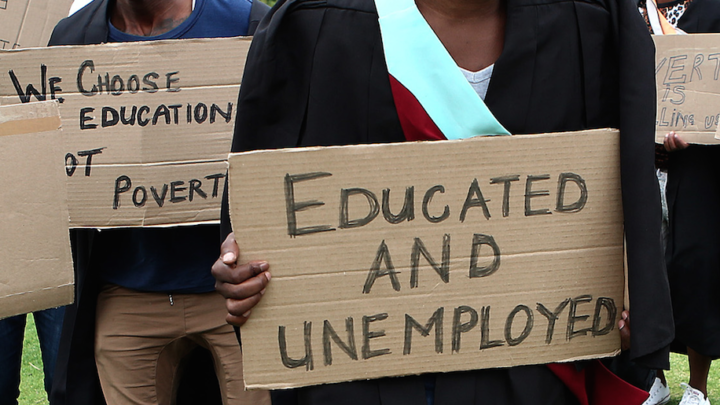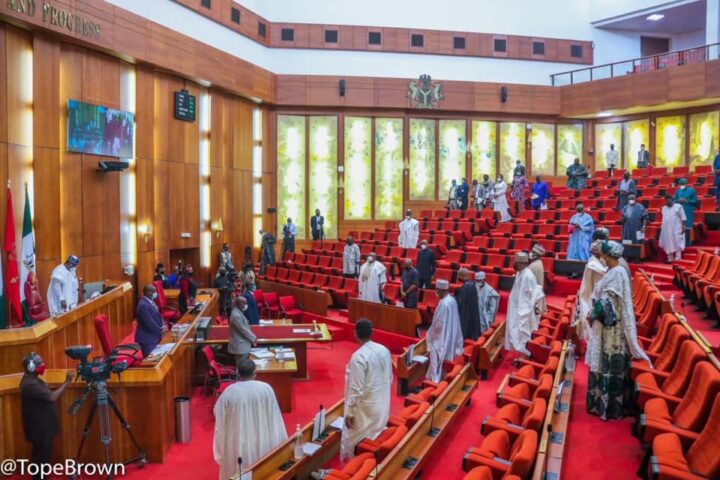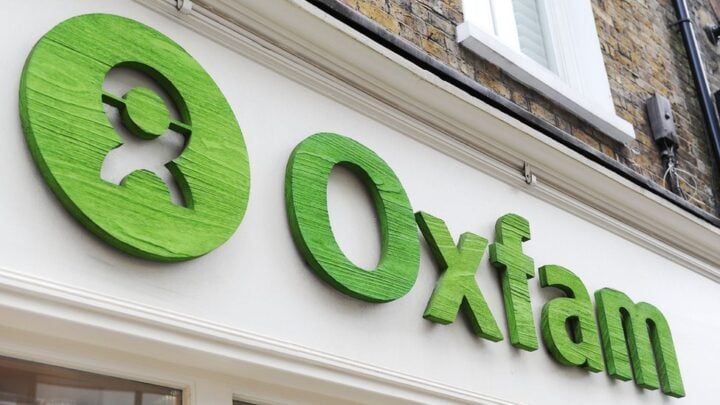The global economic stagnation may make finding a decent and well-paid job harder this year, says a new report.
The International Labour Organisation (ILO) said in a report released on Monday, global employment growth will only be at 1.0 per cent in 2023, less than half the level in 2022.
Global unemployment, on the other hand, will affect 208 million people at a rate of 5.8 per cent.
The United Nations (UN) labour agency warned, many workers would have to accept lower quality jobs, often at very low pay, sometimes with insufficient hours.
Advertisement
“Without access to social protection, many people simply cannot afford to be without a job. They often accept any kind of work, often at very low pay and with inconvenient or insufficient hours,” the report reads.
“The projected slowdown is therefore likely to force workers to accept jobs of worse quality than they might enjoy in better economic conditions.
“Furthermore, with prices rising faster than nominal wages, workers will experience rapidly declining disposable incomes even when they can keep their current jobs.”
Advertisement
The labour market deterioration is mainly due to emerging geopolitical tensions, the Russia-Ukraine conflict, uneven pandemic recovery, and continuing bottlenecks in global supply chains, according to the UN labour agency.
The report added that the global job gaps in terms of pay and social protection have affected women and youth more.
“Women and young people fare significantly worse in labour markets, a fact indicative of large inequalities in the world of work in many countries,” the report reads.
“Globally, the labour force participation rate of women stood at 47.4 per cent in 2022, compared with 72.3 per cent for men. The gap of 24.9 percentage points means that for every economically inactive man, there are two such women.
Advertisement
“Young people (aged 15–24) face severe difficulties in securing decent employment. Their unemployment rate is three times as high as that of adults (aged 25 or more).”
But ILO noted that in spite of the overall slowdown in employment growth, shortages of qualified labour remain a risk.
The UN agency said the slowdown in employment growth proved that gaps opened up by the COVID-19 crisis, globally, still exist and were not projected to be closed in the next two years.
It called for a “major increase in investment in education and training to unlock the full potential of the global labour force” as decent work is fundamental to social justice.
Advertisement
For Africa and the Arab states, the report added that although there is a decline in job provision, employment growth of around 3 per cent or more would be recorded.
“However, with their growing working-age populations, both regions are likely to see unemployment rates decline only modestly (from 7.4 to 7.3 per cent in Africa and 8.5 to 8.2 per cent in the Arab States),” the report reads.
Advertisement
Advertisement
Add a comment






